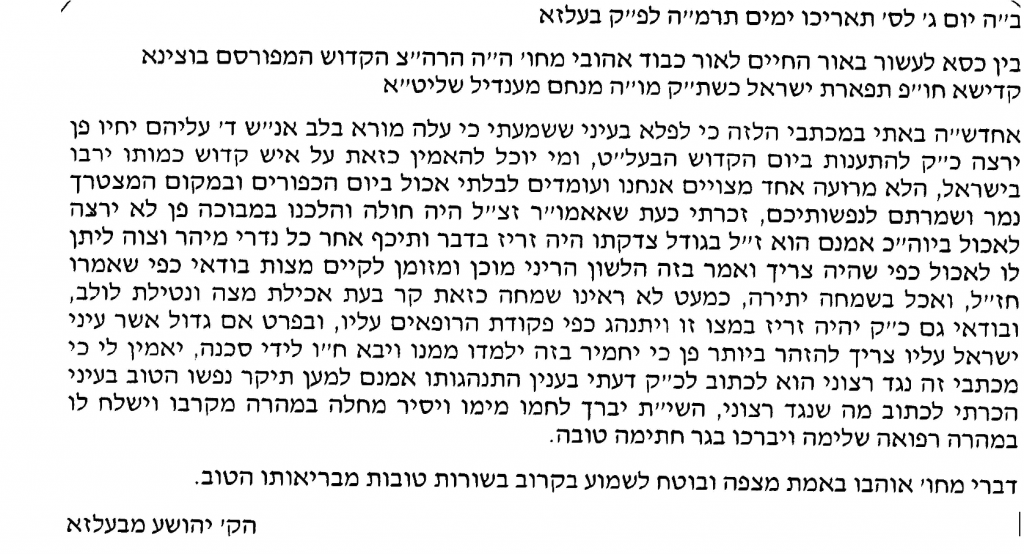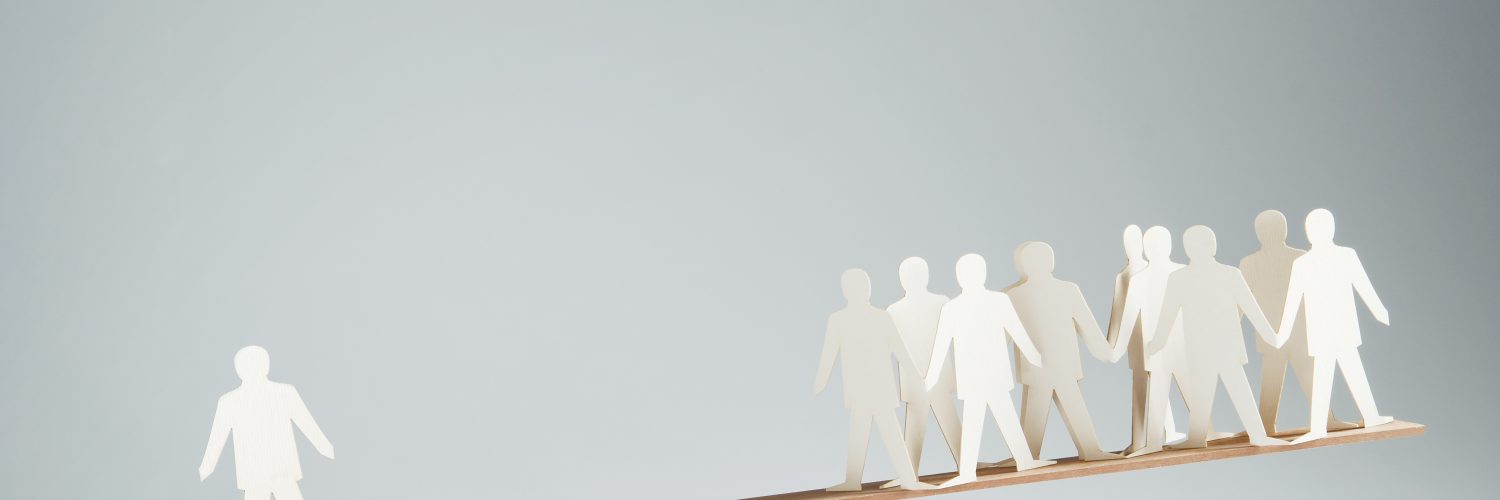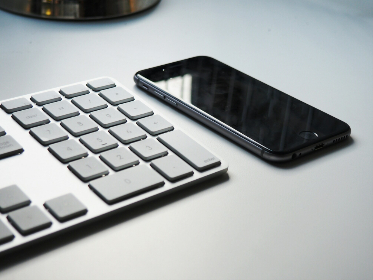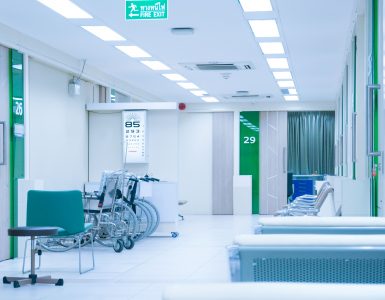Halachic Rulings of Ha’Gaon Rav Asher Weiss Shlit”a for Yom Kippur 5779
This week, with Yom Kippur approaching, we will outline a number of important Halachic rulings of Ha’Gaon Rav Asher Weiss Shlita, regarding those who are sick and how they should conduct themselves on the fast.
1. If a patient regularly takes conventional medications (i.e., not vitamins or homeopathic remedies), but is not a “Choleh Sheyesh Bo Sakanah”, and, according to his doctor, he cannot take the medications outside of the hours of the fast (in other words, just before the fast begins and just after it ends) but must have them at an exact time of the day and cannot skip a dose, he may take them as usual on Yom Kippur.
2. If he is unable to take them without water, he should add something to the water that will make it taste unpleasant (such as a very bitter tea essence).
3. A patient who is permitted to eat (either Pachus me’k’Shiur or regular amounts[1]) on Yom Kippur, such as a Choleh Sheyesh Bo Sakanah, should not make his food or drink taste unpleasant. In fact, if he needs to drink, it is better to drink a small amount of a calorie- and carbohydrate-dense beverage (such as grape juice) than water. That way, he may be able to reduce the number of times and amount that he will need to drink during the day.
4. There may be room for leniency to allow eating and drinking Pachus me’k’Shiur by patients with unbearable pain, or pregnant women who are finding the fast so difficult that they are concerned for the welfare of the fetus, even though there is no medical concern of danger if they continue to fast.
5. Extremely old people who are very weak and their medical condition is fragile, though they may not currently be defined as a Choleh Sheyesh Bo Sakanah, should be broadly permitted to eat and drink Pachus me’k’Shiur as needed. Any change in their condition could adversely affect their health and endanger their lives.
6. Regarding the elderly who find it extremely difficult to walk and use a walker or cane and do not have somebody to assist them throughout the day: There is a possibility that because of the fast they will lose their balance and stumble, and they are therefore permitted to eat Pachus me’k’Shiur. This is because taking a fall at an advanced age can easily cause broken bones and other injuries that may endanger the patient’s life.
7. A person who takes psychiatric medication regularly to prevent psychosis may also take it on Yom Kippur. Some of these medications contain lithium and can predispose a patient to dehydration, so he should consult with his doctor to determine the amount of fluids he must drink in order to avoid becoming dehydrated.
8. A psychotic patient is permitted to eat and drink until he calms down. This is because any stress or anxiety at that time can adversely affect him and endanger his life or the lives of others.
9. By contrast, those with other mental health disorders, such as depression or bipolar disorder, are not usually endangered by fasting. Therefore, they are generally not permitted to eat or drink, although they should take their medications on Yom Kippur as usual (as mentioned above, item 1). However, if a patient is severely depressed and suicidal (and doctors attest that his life is in danger), and he feels like he needs to eat or drink, one should allow him to do so to calm him (“Yesuvei Da’ata”).
10. A hospital inpatient who will need to drink on Yom Kippur and does not already have intravenous access should not have an IV placed before Yom Kippur solely in order to receive intravenous fluids instead of drinking, as there is a small risk of infection[2].
11. A Choleh Sheyesh Bo Sakanah who is due to undergo a scan or medical test soon after Yom Kippur which requires him to drink beforehand (on Yom Kippur itself), is permitted to drink Pachus me’k’Shiur even though his current medical condition does not justify it. It should be stressed that the Halacha is that for a Choleh Sheyesh Bo Sakanah, performing scans and analyzing the results as early as possible is considered a matter of Pikuach Nefesh and studies should not be delayed so as to allow him to fast.
12. A person who is eating Pachus me’k’Shiur every nine minutes should not recite a new Bracha Rishona each time.
13. Many patients with Type 1 (insulin-dependent) diabetes are able to fast on Yom Kippur. In general, it is recommended to have already attempted to fast on Shiva Asar b’Tamuz and Tisha b’Av to see how the body responds to fasting and how much insulin is required during a fast. If previous fasts have been successful, as proven by multiple blood sugar measurements that have been reviewed by the patient’s doctor, the patient should fast on Yom Kippur. However, one should not fast for the first time on Yom Kippur, especially if this will require additional blood sugar measurements, since the testing is possibly an Isur d’Oraisa. It is therefore preferable to eat Pachus me’k’Shiur. As a general rule, patients with diabetes who wish to fast on Yom Kippur should do so only in consultation with a doctor well-experienced in diabetology who knows them well.
14. A Choleh Sheyesh Bo Sakanah or pregnant woman who know that it is almost certain that they will not be able to complete the fast and will need to eat or drink, should not wait until they are in distress and in danger before doing so. In fact, if they eat at an earlier point they may well suffice with Pachus me’k’Shiur whereas, if they wait until the last moment, they will have no choice but to eat more than that.
15. A patient with Alzheimer’s disease or dementia, who suffers from short-term memory loss and forgetfulness, but otherwise has a clear mind and understanding, is not considered a Shoteh. Therefore, if he forgets that it is Yom Kippur, those around him should prevent him from eating or drinking. However, his family is not obligated to sit by his side for the entire day to ensure that he doesn’t forget that it is forbidden to eat or drink.
16. A patient who has a malignant disease and has been scheduled for an operation on the day following Yom Kippur for which he would need to fast is permitted to eat and drink Pachus me’k’Shiur if the prolonged fasting would endanger his life. The surgery is considered a matter of Pikuach Nefesh and should not be delayed (even though doctors do sometimes postpone surgery to allow patients to participate in family celebrations or for other non-medical reasons). Obviously, if eating and drinking on Motzaei Yom Kippur would suffice, that would be ideal, but, if not, he should eat and drink Pachus me’k’Shiur.
17. A pregnant woman towards the end of the third trimester whose
fetus is in a breech position is not permitted to eat and drink even Pachus
me’k’Shiur. Even though her doctors say that fasting is likely to bring on
labor (and she would then require a Cesarean section), but if she doesn’t fast,
there is a chance that the fetus would change its position before she went into
labor (thus allowing her to deliver vaginally), since it is not certain that
the fast would bring on labor and it also not certain that the fetus would
change its position at a later date and Cesarean sections are not considered
dangerous in regular cases, she cannot be permitted to eat or drink even Pachus
me’k’Shiur on Yom Kippur.
“I heard in the name of Talmid Chacham from the city of Pressburg that on Yom Kippur they had the custom to call the doctors to the Torah and append the title “Moreinu” to their names (a title usually reserved for Halachic decisors). The reason for this is because a person who is sick on Yom Kippur is permitted to eat based on the judgment of a doctor. We see that the Torah granted doctors Semicha to issue rulings regarding the Jewish people’s conduct on Yom Kippur. Therefore, this title is appropriate.”
(From the Sefer Shabbos Shabbason)
We thought it appropriate to add a letter from the Belzer Rebbe – Rebbi Yehoshua Rokeach zy”a on this topic. It is told that the Rebbe was accustomed to pacing the Beis Hamedrash on Yom Kippur afternoon, looking intently at the faces of his many Chassidim. Those present never understood why the Rebbe would do this until one year the Rebbe detected on somebody’s face that he was in danger from the fast. Immediately he withdrew some cake from his pocket and gave it to the person to eat until he felt better.

[1] As decided by a Rav and with guidance from a doctor.
[2] Or other injury (e.g. due to infiltration or extravasation) – Ed.













